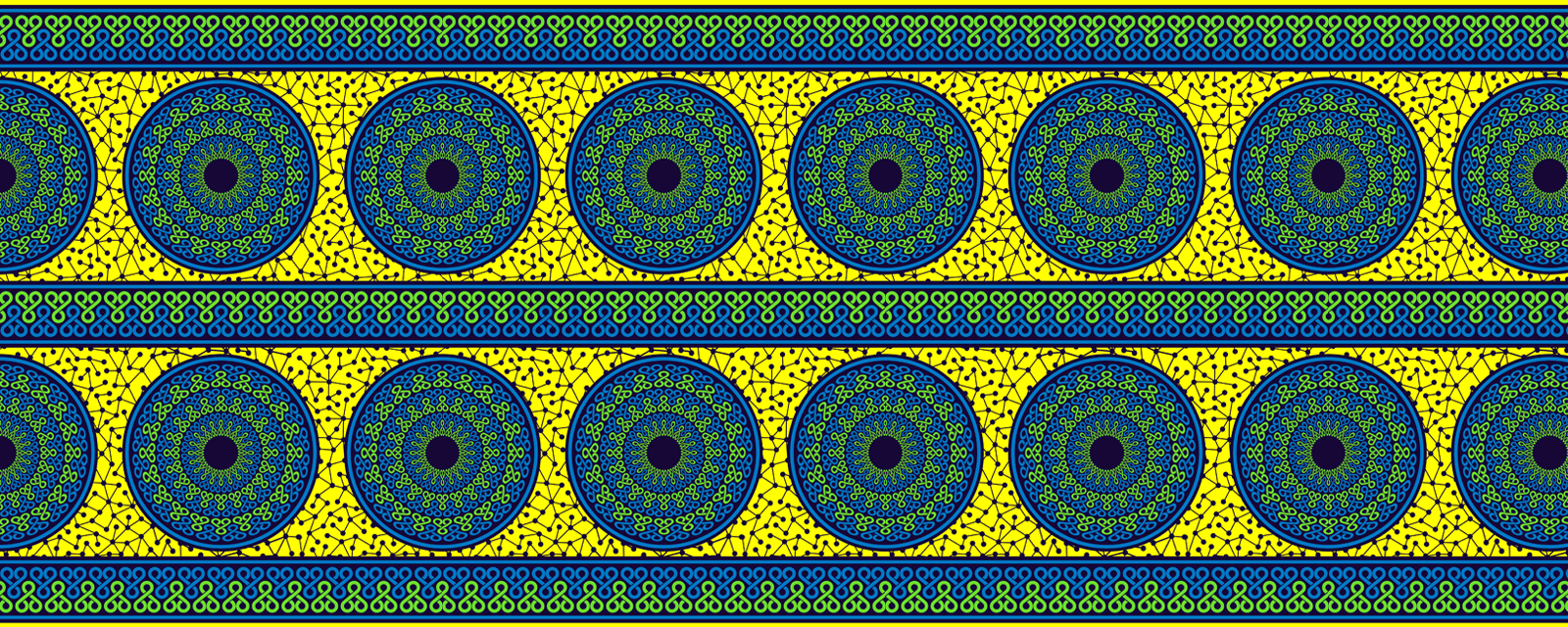A Tswana Praise-Poem from Botswana, chanted in praise of Seepapitso, chief of the Ngwaketse people 1910–16. Seepapitso’s main achievement was to improve local water supplies by building dams and sinking boreholes (Lines 1–27). He is also remembered for his defeat of a party of Boers who in 1914 invaded his territory in an attempt to cross into Namibia. The invading Boers were rounded up by Seepapitso and driven back to the Transvaal (Lines 28–53). These two reasons for remembering him supply the basic argument of the Praise-Poem.
Hey there, men of the Buffalo-thorn, (1)
Do you still argue with me?
Don’t you see the works of the Lelau? (2)
Here is the dam, at Metsemaswaana,
And there’s a second at Ranthebana.
The Lelau who is here is very strong indeed,
He has sharpened his horns, and they are red.
His cattle graze below the hill,
They graze by the fences of Sebonego’s Mpou;
They no longer drink at Moshana in winter,
They usually drink the water of the early rains.
The Lelau has swept the roads free of thorns,
The wagons of Kanye climb easily,
And blind people now go for water. (3)
Even now do you argue with me?
The fearful son of Bathoen has gained stature; (4)
He exceeds a rock, exceeds Kgwakgwe hill and Kgoro.
The Lelau has swept the roads free of thorns,
And, prince, wagons easily ascend Kanye hill.
Some men are praised for killing rhinoceroses,
Others are praised for killing people;
But his deeds, Buffalo-thorns, are peaceful,
And blind people now go for water;
He surpasses even the Malau of long ago. (5)
We used not to drink at Metsemaswaana;
Now, here’s a dam at Metsemaswaana,
And a second at Ranthebana …
Is there still a dispute even now?
Are you still disputing with me?
Do you still say why should he be praised,
Say, what has he done to be praised?
The second reason I saw the other day.
I saw Boers come from afar, from far far away,
Coming from their well-watered country;
The tribes circled round them,
The tribes avoided frontal attack.
We heard of them from Kamudi’s wife;
Borololwane told much about them,
Saying, the Boers went by last night.
He refused to hear that, the prince:
He did not look for his juniors
But caught hold of Tagafara unbridled (6)
And rode it out of sight, the prince;
He hastened ahead, the warrior,
And went to wait behind the hills,
Behind the hill of Segwagwa.
The tall son of Bathoen turned them back;
The Europeans caught them, powerless,
And bound them, after removing their satchels,
While they wiped their tears away.
They were caught by the lion of Kgoro plain,
The lion of Kgalabanna plateau,
The youthful lion of Kanye hill.
I struggle, exalted one of the tribes.
Chief, give us rain, to end the white men’s ways, (7)
For if it rained I would speak,
If it rained I would speak out,
After eating logodu I would speak out, (8)
I would have praised Bathoen’s son, Chief Seepapitso.
I would stand up in the council
By day when night has fled,
Stand with Gagoangwe, Maserame, and Ntebogang;
They will come to dance before the council
On seeing the Crocodile leave the water at noon, (9)
Leave the water, a true Crocodile,
A real Crocodile, Sechele’s younger brother.
I have praised him by his names.
MaSerwalo, help me praise him now,
Sing joyfully for me while I praise you,
Child of the Ngwato of Malope, (10)
Child of Kgama and Ramorotong,
Of Gaseitsiwe and Segotshane.
I struggle; give me water, I choke;
Give me water, my chest is burning:
I praise the eminence of Kanye, the prince,
Seepapitso, son of Bathoen.
from Oral Poetry from Africa (1984),
Compiled by Jack Mapanje and Landeg White
Longman
Footnotes
- Men of the Buffalo-thorn: the complete praise-name of the Ngwaketse people is ‘The People of the Buffalo-thorn Tree that is a Shield’ (see also Line 22).
- The Lelau: Lelau, the lion, was the name of Seepapitso’s age-set.
- Blind people: even the most handicapped have no trouble in going for water.
- Bathoen: Seepapitso’s father.
- The Malau of long ago: a reference to the famous ancestral chief Sebego (d. 1844), whose age-set was also Malau, the lions.
- Tagafara: Seepapitso’s horse.
- To end the white men’s ways: the fundamental problem for the people of Botswana is that living in a land of semi-desert they were in Chief Seepapitso’s time (and still are to some extent) unable to support themselves without travelling south as migrant labourers. If only Seepapitso could bring rain, as well as building dams, then the people could be truly independent.
- Logodu is a relish made from vegetables.
- The Crocodile: Seepapitso is praised with his parent’s totem.
- The poem ends with a list of his ancestors.

